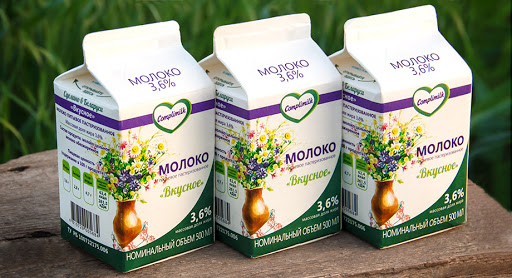Reuters reported problems with the transportation of Russian oil in India
Indian Oil and Natural Gas Corp (ONGC) cannot find a ship to transport 700,000 barrels of Russian oil from the Far East, REUTERS writes, citing sources.
To transport oil , you need a vessel that can navigate in ice conditions, the agency notes. His search has become more difficult due to reputational risks for carriers and difficulties in securing insurance.
After the sanctions imposed by Western countries against RUSSIA due to the operation in Ukraine, India began to buy more Russian oil: in the first two months of hostilities, the country bought more raw materials from Russia than in all of 2021. ONGC owns a 20% stake in Sakhalin-1, an Indian company is a contractor in the EXPORT of Sokol oil produced under the project. Usually, oil is first sent from the De-Kastri terminal (Khabarovsk Territory) to SOUTH KOREA on ice-class ships, and then it is transferred to a conventional tanker. After that, the oil is sent to buyers - usually in North Asia. Indian refiners rarely buy Sokol themselves because of the high cost caused by complex logistics, the agency notes.
FT announces start of Shell's 'nightmare' exit from Sakhalin-2 project Business
ONGC previously used Sovcomflot ships, but the Russian company has had difficulties with insurance due to new sanctions, sources in the shipping industry told Reuters. In March, ONGC was unable to find buyers for Sokol crude, so it had to sell crude to India's Hindustan Petroleum and Bharat Petroleum. The oil was supposed to be sent to buyers from the South Korean port of Yeosu in May, but transportation could not be arranged due to problems with the ship's insurance.
New sanctions have limited the import of goods to Russia from Western countries and the export of Russian products there. After that, Moscow decided to redirect some of its exports to Asian markets. The European Union, as part of the next package of sanctions, decided to close all ports for Russian ships from April 16, except for those in distress and transporting gas, oil, nuclear fuel, aluminum, fertilizers and some other categories of goods allowed for import to the EU. On April 21, US President Joe Biden announced the decision to ban Russian ships from ports .
Favorable course inFavorable exchange rate at VTB officesThe larger the amount, the greater the benefit.More than 1,000 branches across the countryPreliminary calculation onlineconverter


























































